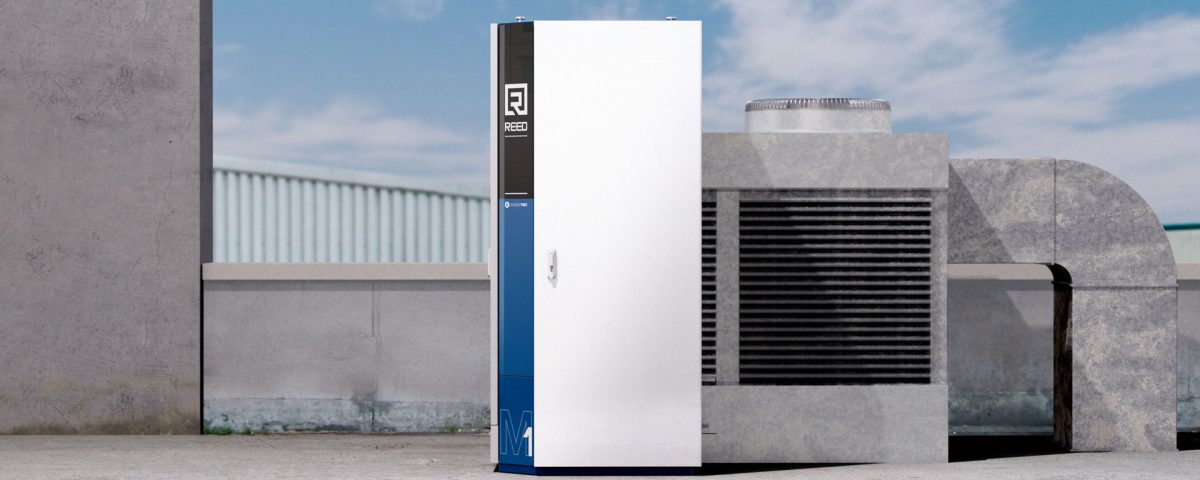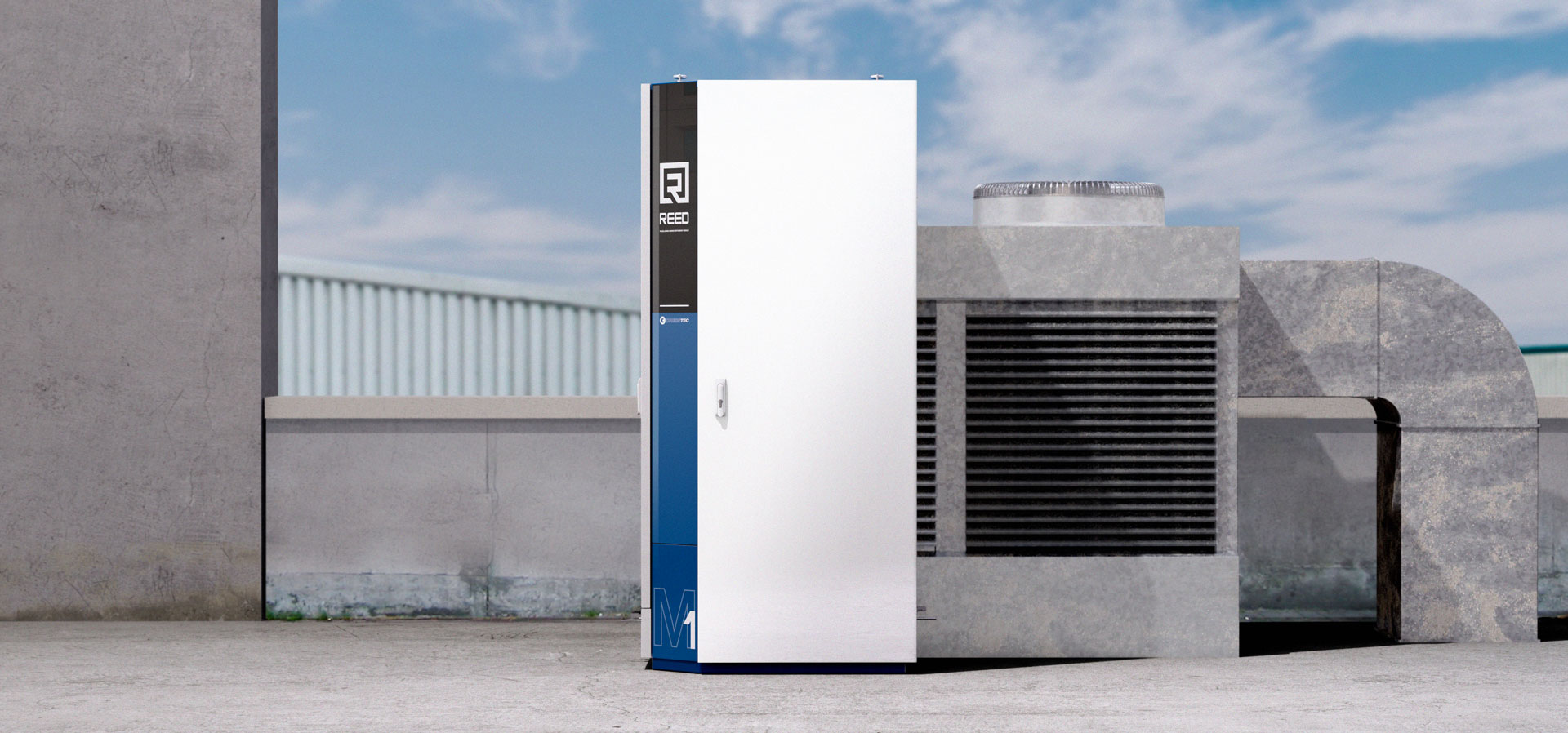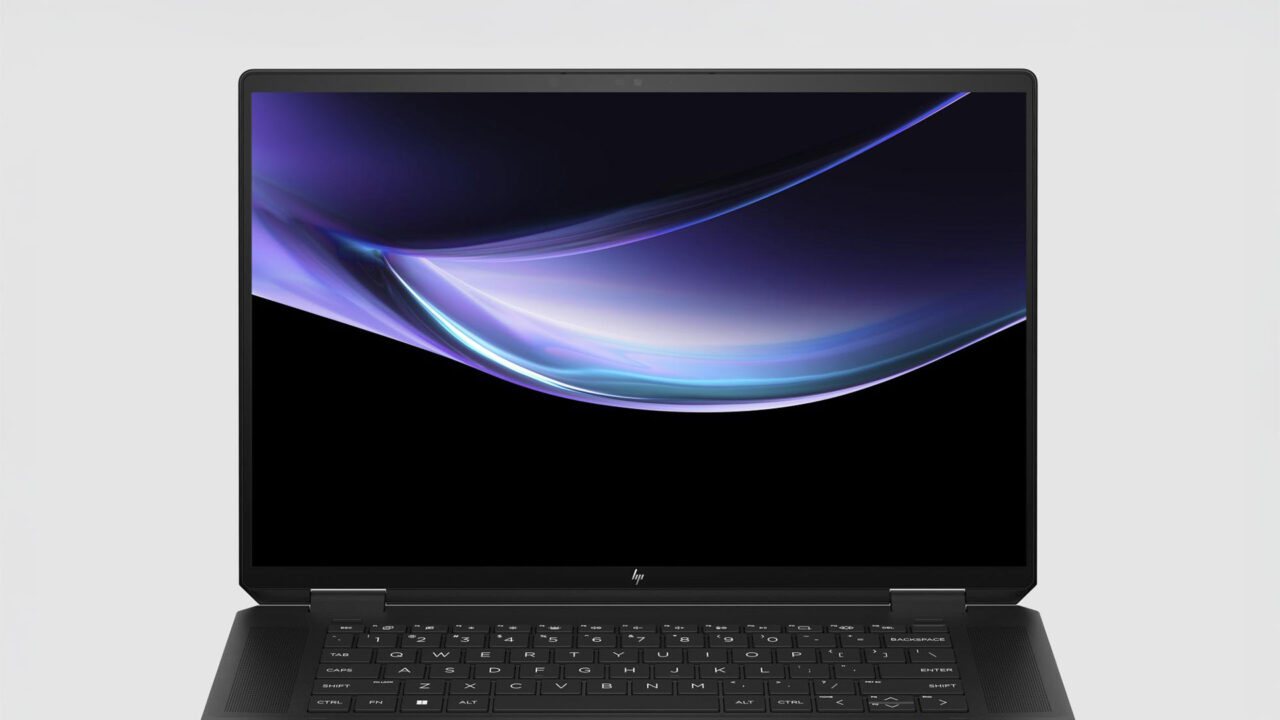Cresstec — REED, The Energy Saving System That Regulates Efficiency

The Digital Doers Of The Vega Digital Awards Grand Jury Panel
October 17, 2022
Step Inside This Future City Library Of Tomorrow
October 18, 2022As an energy-saving and leak mitigating technology that revolutionizes the commercial HVAC-R industry, the Regulating Energy Efficiency Device, or REED for short, has a design concept that revolves around the second law of thermodynamics.
One of the primary functions is the utilization of energy that goes to waste normally and improves system efficiency overall. This is done through the harvesting and storing of refrigerant energy that dissipates during normal system operations. Similar to a battery, REED makes use of the energy in reducing system energy requirements, extending plant life by reducing system wear.
Serving as a subsystem, REED allows the refrigerant circuit to open for the first time, offering room for dynamic refrigerant optimization while storing refrigerant as energy. Moreover, it can directly adjust the number of refrigerant charges in the system in order to perfectly match the load and environmental requirements, removing the process of recreating energy for the compressor when it returns to the system.
Speaking of its’ power-saving features, all it needs is the electrical power of an incandescent light bulb, generating energy savings of up to 27.6%, and is available for work on systems from 60kW to 2 Mega Watts. It differentiates itself from traditional energy-saving devices, and can be installed together with other energy-saving technologies, compounding energy savings further.
Up till today, each and every established HVAC-R system of any age is bound to experience refrigerant leakage over time. On the other hand, since REED is fluidly connected to the system and constantly adjusts the refrigerant charges, it is able to detect the current charge levels with incredible precision. With an average accuracy of 0.01137% in a 24-hour period, it detects system leaks and micro leaks far exceeding any other leak detection solution.
In fact, stakeholders of HVAC-R equipment continue to seek alternatives in improving the designs and performances of their plants and also equipment, in order to reduce direct costs of businesses. Due to its unique nature, the REED system is easily retrofittable amongst any existing or newly installed HVAC-R and generates benefits that are instantly observed, including reduced electrical costs and the minimization of environmental impact.
Credits
Entry Name: Cresstec — REED (Regulating Energy Efficiency Device)
Winning Category: Heating & Air Conditioning Technology - Building Technology
Read on the article about Paper Office Stand Eco, your customizable personal computer stand here.







